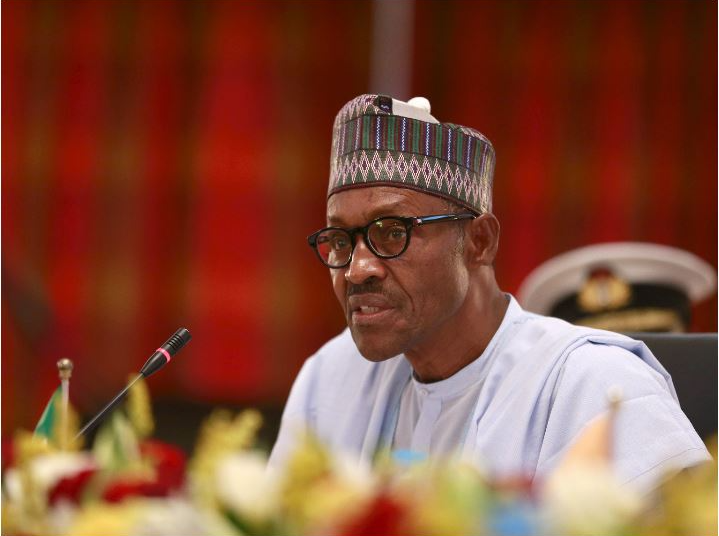A civil society organisation, Accountability Lab Nigeria has said former President Muhammadu Buhari administration promised to lead but failed to fulfill his promises or public accountability commitments.
Buhari assumed office in May 2015 and was reelected for a second term in 2019, campaigning on anti-corruption, security, and economic development. Initially, his aggressive campaign against corruption seemed promising, with government agencies and civil servants displaying renewed vigor.
Addressing newsmen yesterday in Abuja, the country director of Accountability Lab Nigeria, Odeh Friday, in a scathing assessment of Buhari’s tenure, highlighted the importance of accountability in maintaining public trust and fostering a healthy democracy.
Ftiday said corruption in Nigeria has been in the spotlight at all levels of governance for many years, with deep-rooted unethical practices plaguing the state for generations.
He, however, said the actual achievements and shortcomings of his administration need to be assessed, considering his background as a military ruler and subsequently a democratically elected president.
He said various indices measuring Nigeria’s integrity consistently demonstrate the country’s shortcomings, with Nigeria ranking 102nd out of 114 countries in the Index of Public Integrity.
Surprisingly, he said despite widespread opposition to corruption, it continues to persist.
“The Chatham House Africa Programme’s Social Norms and Accountable Governance Project revealed that many Nigerians, often eight out of ten, view corruption as morally unacceptable,” he said.
He said Buhari has branded himself, as have others, as a “man of integrity” however, Friday questioned how a morally upright individual can preside over rampant corruption.
Although Buhari stated that political officeholders would face trial if convicted of corruption, Friday said political considerations quickly overshadowed this promise.
Friday cited examples such as a former governor and serving senator who faced fraud charges but was later released through a Supreme Court judgment. He said the Independent Corrupt Practices and Other Related Offences Commission (ICPC) also alleged substantial bribes offered to judges for political cases, amounting to around N9.4 billion between 2018 and 2020.
Furthermore, he said anti-corruption efforts under the Buhari regime have been plagued by failures at every step, from investigation and prosecution to policy change.
He said despite the initial potential to build strong institutions, Buhari lost credibility due to corruption, eroding any progress that could have been made.
Civil society organizations consistently raised concerns about political interference weakening the independence of institutions, but Buhari failed to take action.
The ICPC identified that around 60 per cent of corruption cases are procurement-related, involving public servants abusing the procurement processes.
He said Buhari had promised to constitute the National Council on Public Procurement if elected, as provided for in the Public Procurement Act 2007.
He, however, said the government continues to approve large sums of money through the Federal Executive Council, undermining the powers of the NCPP.
“Unethical practices within government institutions have significantly undermined the well-being of Nigerians, perpetuating poverty and inequality.
“Existing provisions for accountability, such as the Code of Conduct for public officers, are rarely enforced. The Code of Conduct Bureau and Tribunal Act requires public officers to submit declarations of their properties, assets, and liabilities.
“However, these declarations are not readily available for public inspection, despite constitutional provisions stating otherwise. Public office in Nigeria has become an avenue for personal wealth creation,” he said.











